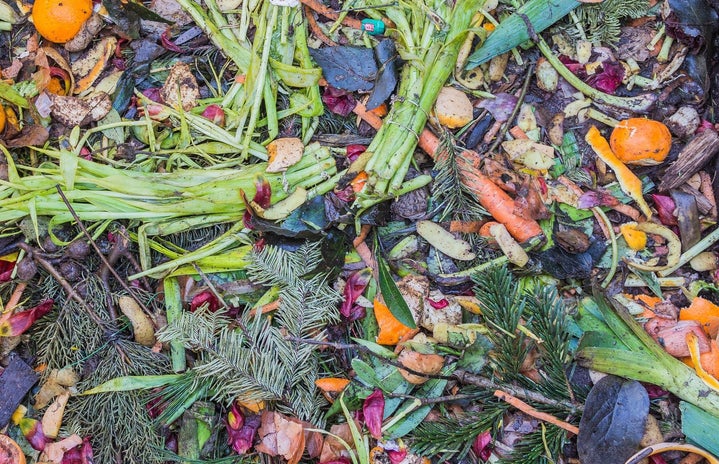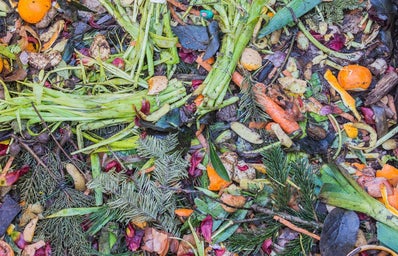As someone who prides themself on being aware of their personal environmental impact. Composting is one outlet I pursue to achieve this reduction on the earth.
What is composting and why should you do it:
Composting is a great solution to the pounds of food waste that accumulate as we go through life. The process of composting takes food waste (green items) and combines them with brown items and after a little time and love, the end result is fresh dirt. Free to sell, use in a backyard, in potted plants, or any other avenue. This creates a cycle that causes much less of an impact on the earth.
What can be composted:
Almost all perishable items can be composted in your local compost bin, but research what is acceptable in the environment you are composting in.
A good pile of compost has a ratio of three parts brown to every one part green. Brown items include paper products, leaves, wood chips, pine needles, and other materials that provide the necessary carbon to the pile. Items that are included in the green category encompass grass clippings, coffee grounds, food scraps, eggshells, and more.
The convenience of being able to throw your table scraps into a bin instead of the trash, which will go straight to the landfill, is a convenience I appreciate.
Where to start:
Unless you have the time, money, and dedication to start your own backyard compost bin I recommend another solution. Many cities offer or are beginning to offer composting programs through their sustainability departments for usually a small fee or completely free. If this option is not accessible to you I then recommend looking into a private composting program.
For a city-run program, there tends to be a general drop-off location where community members can leave their compost, then the city will transport the collective compost to an industrial facility. In private composting programs, it varies but I will share my experience. I was provided a 5-gallon bin that was picked up every other week. I paid a monthly fee and could pay an additional amount if I needed an additional pick up which seemed to be more common during the holidays when food waste increases.
Composting can act as the gateway to other forms of sustainability and green living. The bridge into a vegan, zero-waste, plastic-free, organic, or circular lifestyle is not long. I found such a strong passion when reducing my personal plastic waste that I explored how to begin composting in my own backyard.
The whole green living and sustainability community is some of the most welcoming and encouraging people I have had interactions with. Most are more than willing to share the personal tips and tricks they have acquired during their journey. The educational aspect of understanding why a lifestyle change is beneficial and how to start is an area where more experienced people would love to assist.


